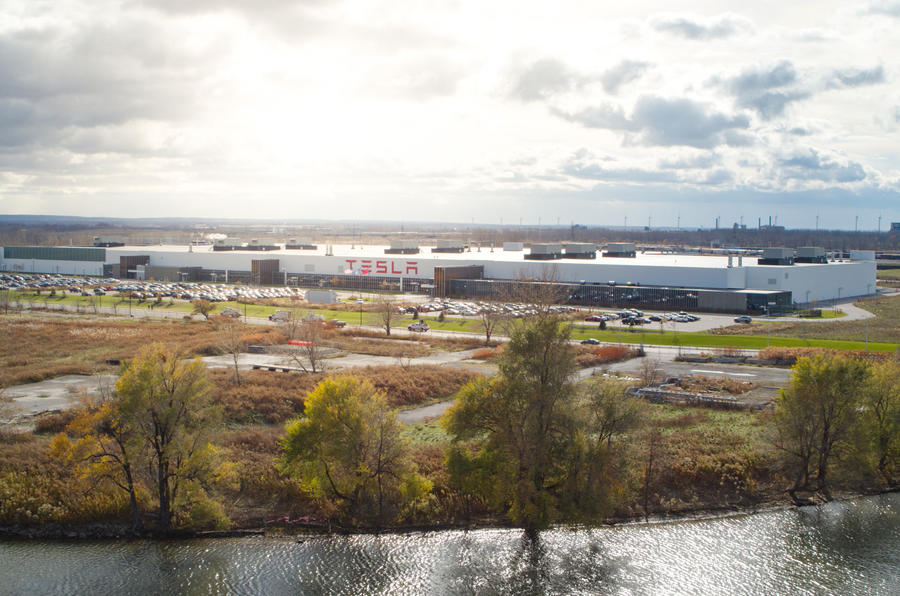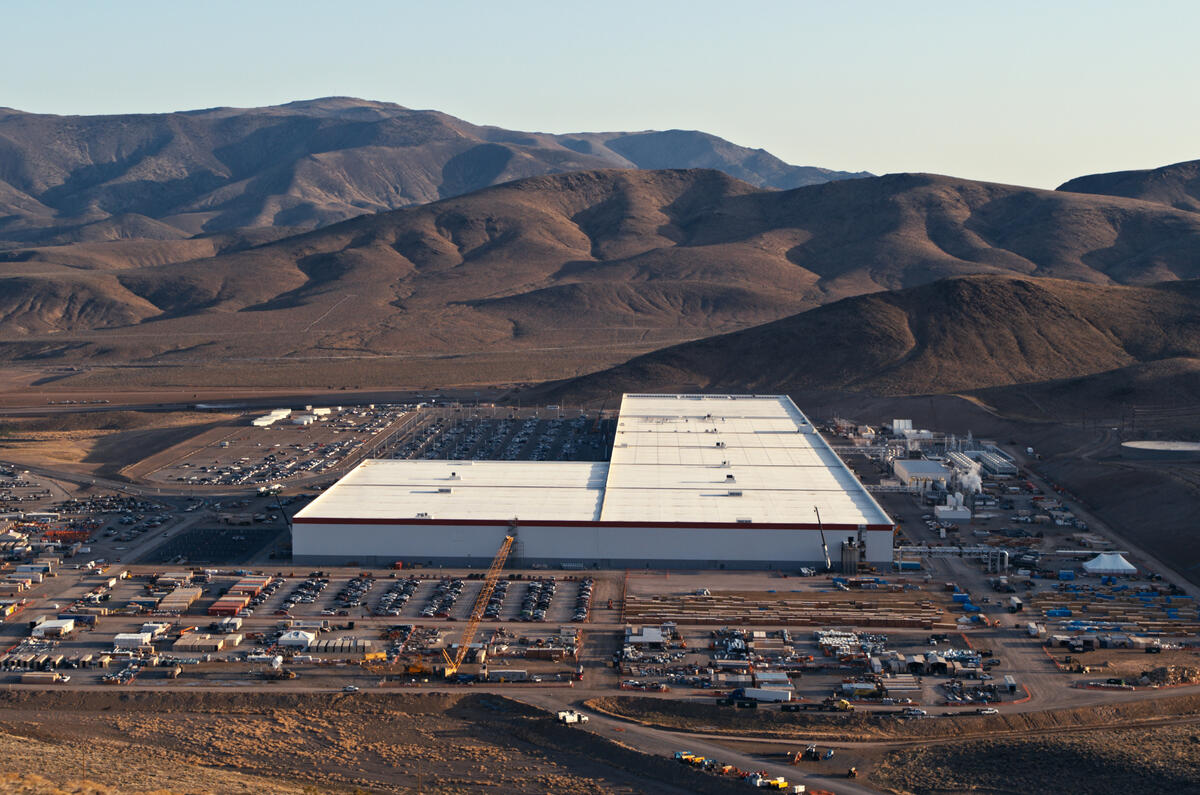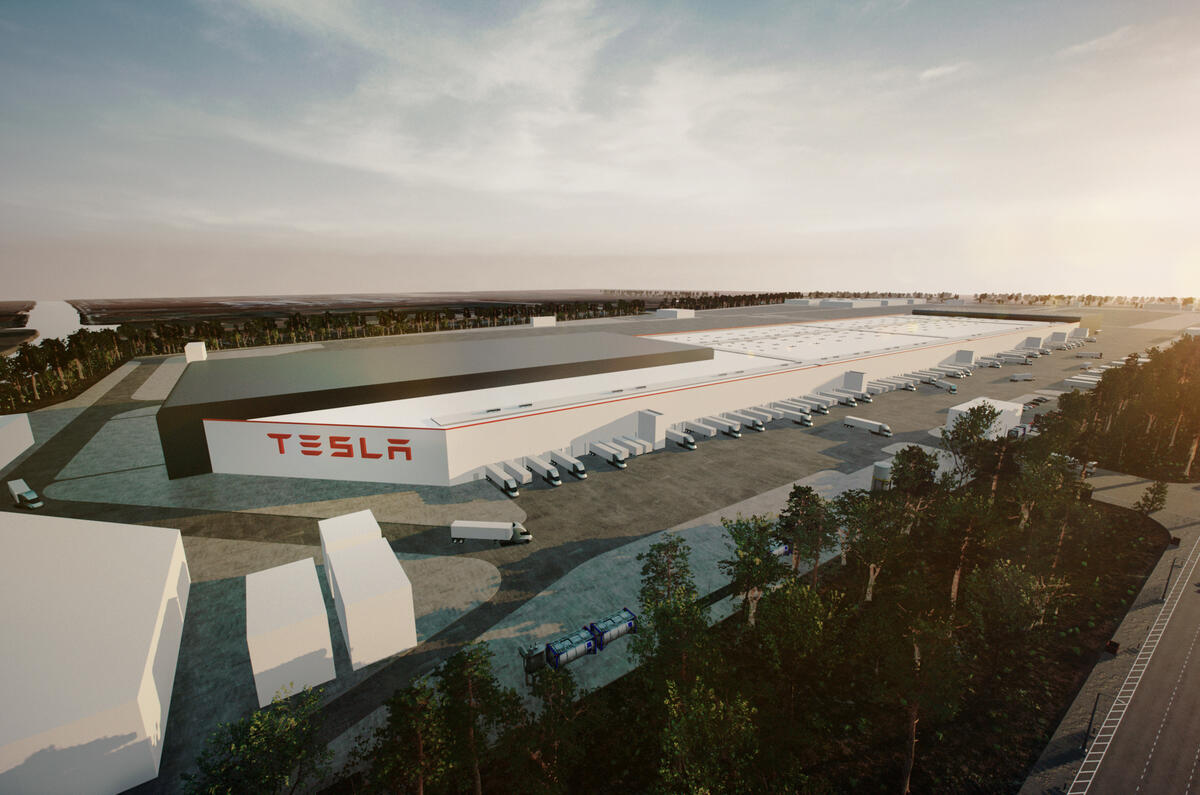It seems barely a week can go by without mention of a new electric car battery gigafactory. As the shift to electrification accelerated, both car firms and battery production specialists are racing to build gigafactories, and governments are seemingly tripping over themselves to help.
The latest news is that Nissan is set to commit to a big new battery gigafactory in Sunderland, which is fantastic news and an important boost for the UK industry. But I feel the need to ask a somewhat more trivial question: am I the only person who cringes every time I read the term gigafactory? Because while gigafactory has become the accepted phrase for a battery production facility, everyone knows that it doesn’t really mean that, right?
Yes, hello and welcome to pedant’s corner.
My dislike of the term gigafactory is because some people seem to attach some level of mystery and majesty to it, as if it’s an actual thing. Certainly, a gigafactory does sound more dramatic, futuristic and exciting than a good old-fashioned factory. But, really, it’s still just a factory.
The gigafactory phrase was coined in 2013 by Tesla boss Elon Musk, when describing the battery production facility his firm was building in Nevada. That site was really, really big, and during its planning Musk said that rising demand for EVs would require more similar-sized ‘giga factories’ in the future. The phrase came about because ‘giga’ is a word that describes a billion. It referred to the size of what is now officially called Giga Nevada, and not what was produced within it (Giga Shanghai, for example, produces cars not batteries).
Somehow, whether through trying to subtly link their efforts with Tesla’s agenda-setting progressive approach, major battery production plants from other firms have been labelled as gigafactories. A loosely defined phrase that was based on the size of a factory has somehow become accepted shorthand for a different meaning.
Does this matter? Of course not. The definitions of words do change, and many phrases you’ll find in the dictionary have very different meanings from when originally coined. And I can’t really criticise the use of gigafactory too much: you’ll find it used often in Autocar, including on numerous pieces I’ve written.
And, let’s face it, the car world is full of terminology that doesn’t make much sense. Another pet peeve: the four-door coupe, which has become a thing despite the dictionary clearly noting a coupe only has two doors.













Join the debate
Add your comment
I am working with a UK manufacturer who have apparently just opened a new GF - which is neither a battery/EV plant, and in terms of size, is dwarfed by a nearby IKEA store. However, they are part of the emerging hydrogen economy. So perhaps the main qualification for a 'GF' is simply that - they make cool, new stuff.
@Peter Cavallini,
I made no comment on the factories at all, nor about location, nor jobs.I responded to the last statement in the acticle - what other industry jargon grates - with an example of the widespread use within the industry of the use of a certain word for a particular characteristic of vehicle, when another similar and related word would be, in my opinion, a more accurate word.
I hope righting annoys the pedants.....